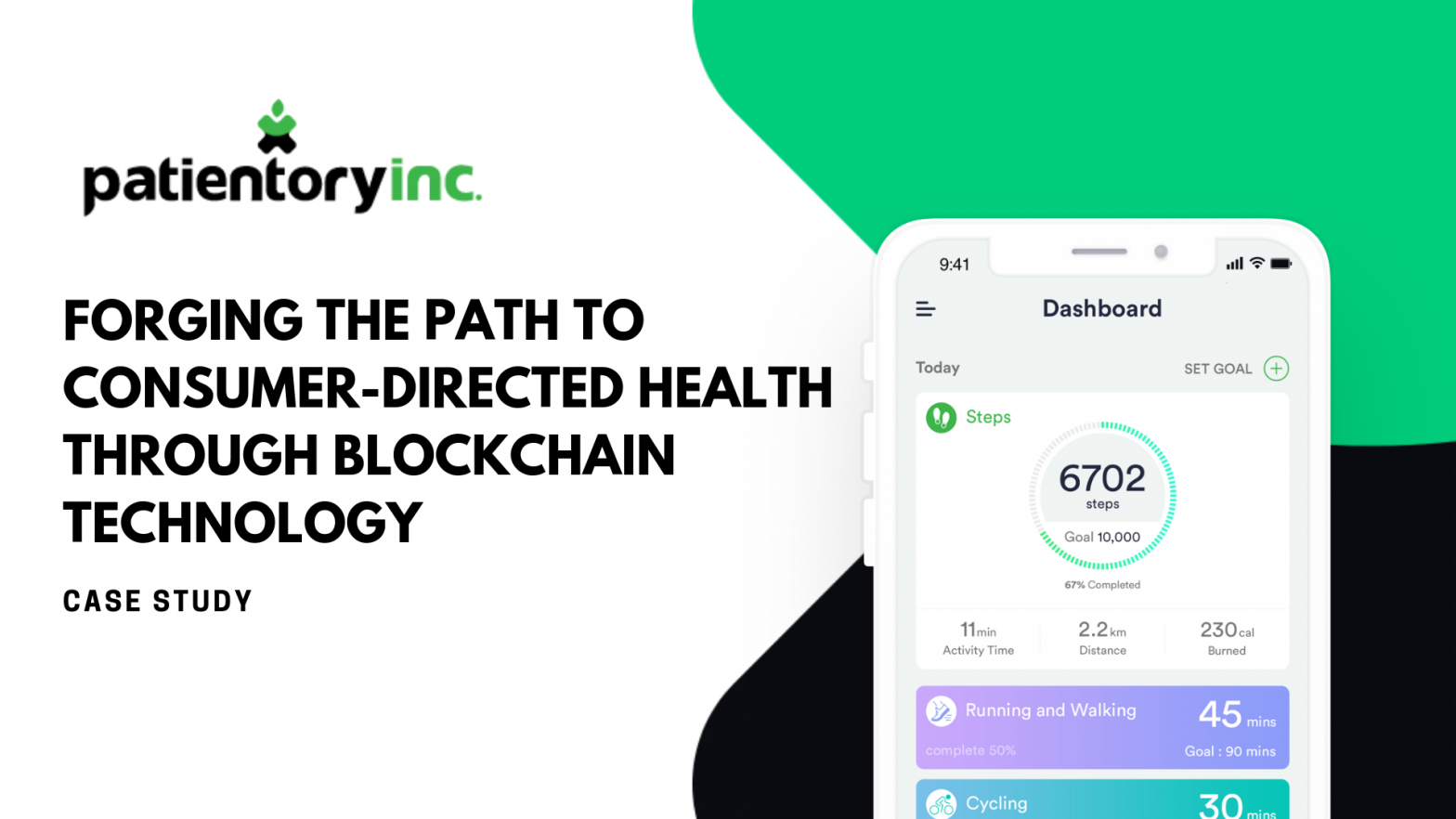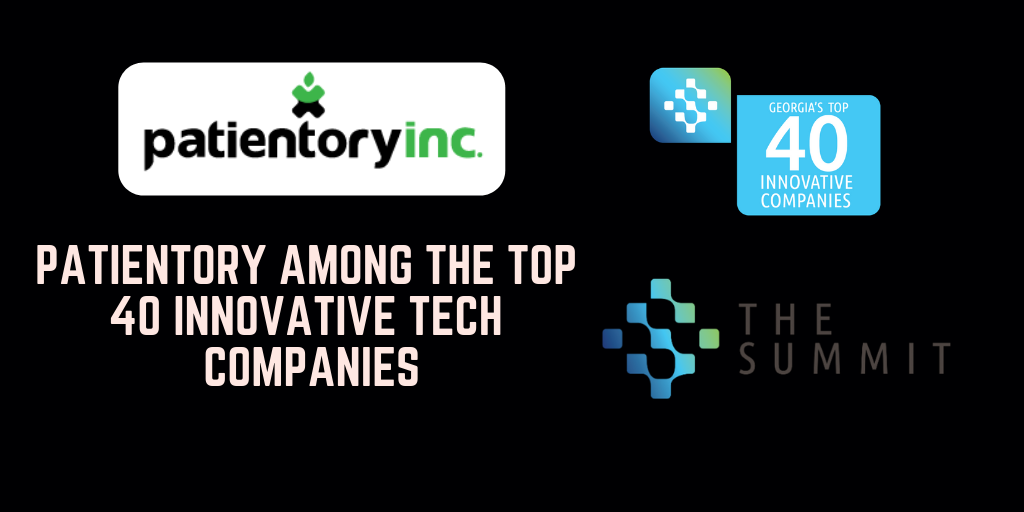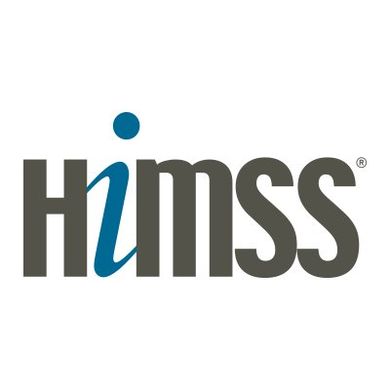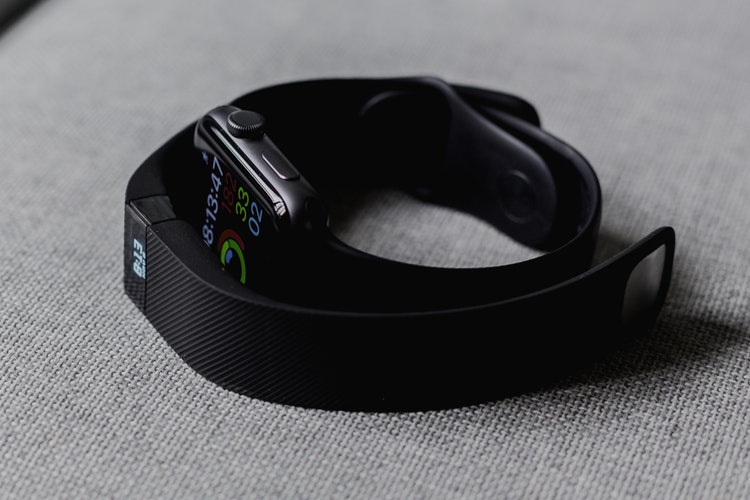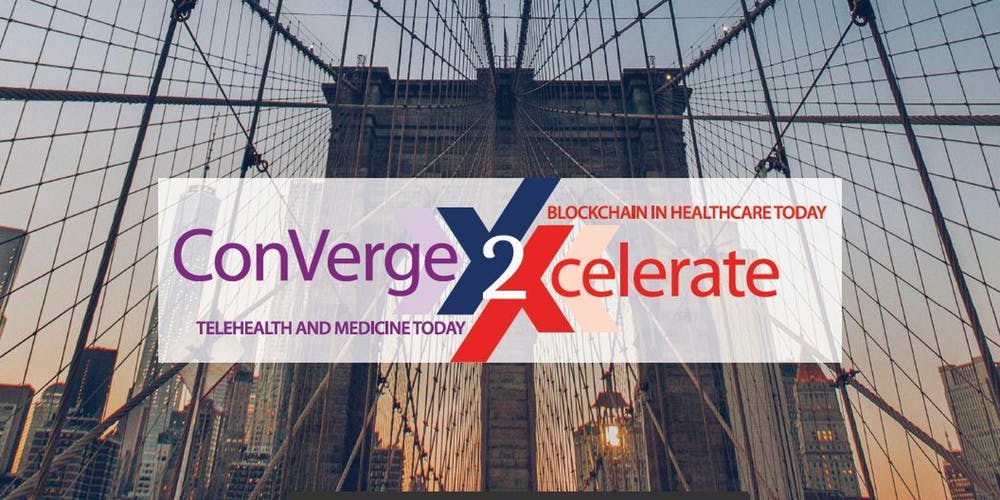
Overview and Background
Despite incredible advancements over the last decade in converting paper healthcare records into digital data, a vast majority of consumers lack access to their electronic medical records. Sadly, many people cannot manage their healthcare records any better than they could a decade ago or even three decades ago. While it can be easy for some to point the finger at the bureaucracy and red tape of healthcare institutions, the truth is that many of these institutions would like to share data with their patients but don’t have a secure and easy way to do this. This challenging dynamic is because many medical providers use different electronic health record (EHR) systems that actually may not be able to communicate with one another easily. The resulting situation has become a significant problem where patients are caught in the middle of the healthcare industry’s lack of interoperability and without solutions that can provide patients accessible and secure healthcare data.
Patientory DApp Solution
Patientory, a digital health company based in Atlanta, Georgia, has developed a distributed application DApp solution that provides individual consumers with quick, easy, and secure access to their healthcare data. As the industry leader for DApp blockchain solutions, Patientory recently developed the first version of its beta DApp for consumers.
Patientory’s DApp leverages blockchain technology, which is an open and secure technology that captures transaction records on blocks that are connected and stores them on a distributed and encoded database that acts as a ledger. Blockchain has incredible security benefits as the records are spread across a replicated database network in which all the databases are in sync. Users, however, can only access the blocks to which they have permission to. Lastly, all the transactions that happen over blockchain are date and time stamped.
As for DApps, they are applications that interface with blockchains which are not stored or controlled by a single entity or in a single location. This means that a particular EHR or healthcare provider does not solely control an individual’s healthcare data, thus allowing for more efficient, user-friendly, and secure sharing of healthcare data among different providers
and EHR platforms.
This new DApp solution was created from research data Patientory has collected over the past few years regarding the challenges that healthcare consumers face on a regular basis and how these challenges have evolved over time. With the DApp solution, Patientory’s goal is to create a one-stop-shop solution for healthcare consumers, where they can access their health information, engage in health-related transactions, and become empowered to improve their health by having the necessary data and tools to do so.
The DApp Beta Test
To evaluate the DApp’s product-market fit and overall effectiveness as a solution, Patientory initiated a beta test project with specific goals outlined. The goals of their research were:
- To verify the efficacy of the distributed App
- To seek insight into the interface’s user acceptance and general quality
- To examine product functionality in real-world user environments and test the necessary support infrastructure
- To collect customer suggestions and testimonials, test the profile establishment protocols and the goal-setting, activity tracking, and wallet functionalities alongside the data storage protocols for securing personal health information (PHI) within the PTOYNET™ private permissioned blockchain
- To identify opportunities for future development regarding desirable user features and functionality
To best accomplish their goals, 80 beta users were selected to use the app for three months in all functionality areas from setting goals, tracking fitness activities, traveling internationally and utilizing the wallet feature with Dash and PTOY cryptocurrencies. The demographics and personas of the beta users were primarily affluent, health-conscious iPhone owners, with a majority owning one or more cryptocurrencies. These individuals are primarily based in the US, with a majority located in the urban settings of New York City, Atlanta, San Francisco, Los Angeles, as well as non-US countries including the United Kingdom, Australia, New Zealand, Switzerland as well as India and Asia. At the end of the three months, the beta users were then
given a detailed survey requesting their feedback on their experience with the DApp solution.
DApp Beta User Survey Results
The below results a summary of key user feedback that Patientory received:
- The DApp is relevant and engaging.
- 90% of respondents found the entire app useful with no elements irrelevant.
- 80% of respondents said that they did not find any parts of the app unnecessarily complicated.
- More than half of respondents found the app ‘very engaging.’
- Users found DApp most useful for fitness-related activity.
- Respondents reported that goal-setting for walking and exercise was the most useful aspect of DApp.
- Respondents also showed interest in nutrition tracking. While 80 percent of respondents reported that they track walking or steps, 60 percent reported tracking food and hydration
- DApp is easy and fast to install and use.
- A full 70 percent of participants reported that they felt that the app was easy and intuitive to install, and the remaining 30 percent reported that after this initial experience with the app, they would know exactly how to install it again in the future.
- No one reported difficulty with installation or the need to have others help them install the app. Only one respondent said that they needed someone to show them how to use certain features of the app.
- With respect to speed, 40 percent of participants found DApp much faster than most other apps they use and participants ran into no difficulties syncing the DApp with their other apps. Participants had between 10 and 260 different apps on their phones. No participants found the app slower than other apps.
- Beta users generally felt that DApp comprehensively covered their healthcare-related needs currently.
- When asked about what the DApp is missing, 50 percent responded “nothing,” and when asked what features participants would add, 30 percent said “none.”
Conclusion
From Patientory’s beta testing of its new beta and the subsequent user survey, it is evident that the DApp is meeting a clear and immediate need for the consumer market. Despite only being a beta product, the vast majority of users found the DApp to not only serve as a valuable healthcare solution but also function as an excellent tool for managing fitness and diet. Along with the value of the app, most individuals found the user experience to be very engaging and relevant, which is an indicator for repeated and ongoing use. Lastly, the back-end software of the app performed quite well according to a majority of users, with the speed of the app and ease and time of install getting high marks.
While these results reflect the feedback of a current beta product for Patientory and updates and enhancements will undoubtedly be made, the data shared in this report validates the value and need for Patientory’s DApp today. Nothing illustrates this idea more than a quote from a passionate beta user “I’m all in! I want to see this become a worldwide standard. Given our mobile society, this is key to saving lives.” We couldn’t agree more.


